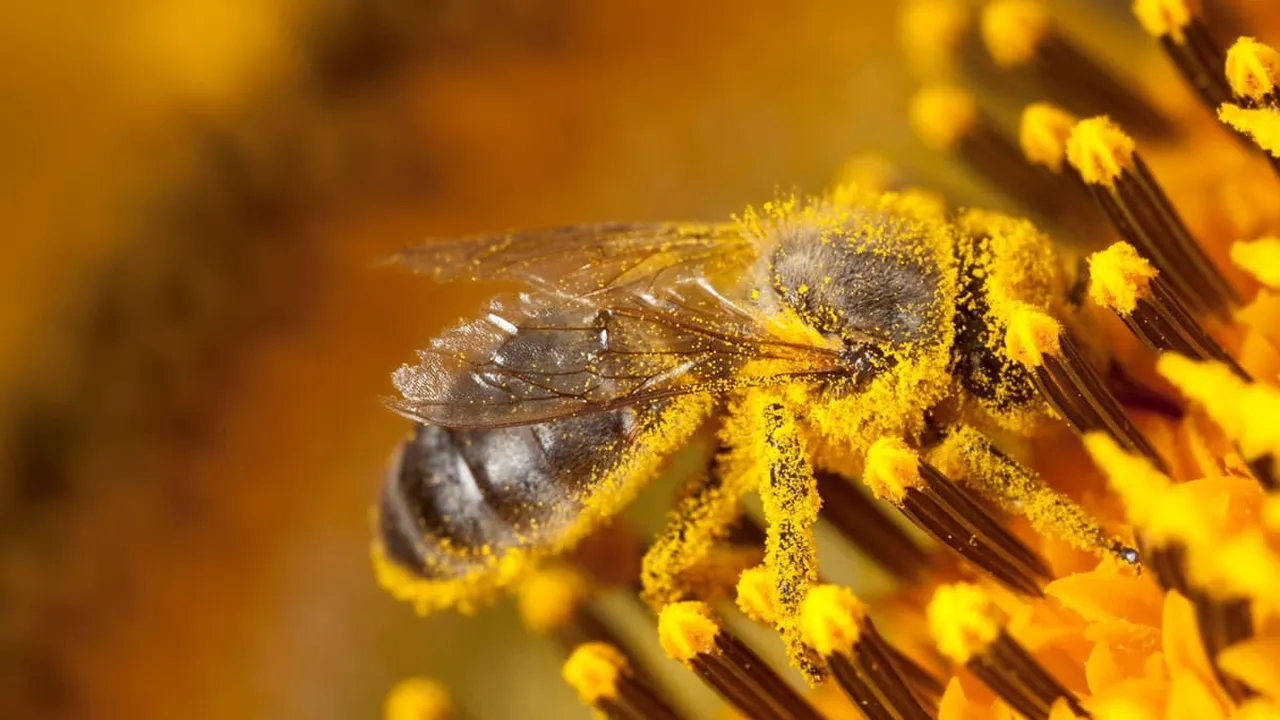Researchers from the University of Sheffield published a paper on August 24, 2025, suggesting that studying the honeybee brain could help solve one of the main problems of modern AI: its enormous energy consumption. As reported by ScienceDaily, scientists analyzed how the bee brain, with only a million neurons and consuming a microscopic amount of energy, solves complex tasks of navigation, learning, and communication. The key lies in the extreme efficiency of its neural circuits, which use sparse coding and optimized algorithms. In contrast to modern power-hungry LLM models that require megawatts of energy, the principles of the bee brain could form the basis for new architectures for embedded AI. This is particularly important for creating autonomous robots, drones, and sensors that must perform complex tasks under strict power constraints. The research calls for closer collaboration between neurobiologists and AI engineers to create a new generation of energy-efficient systems.
Bee Brains Could Hold the Key to Smarter, More Energy-Efficient AI
